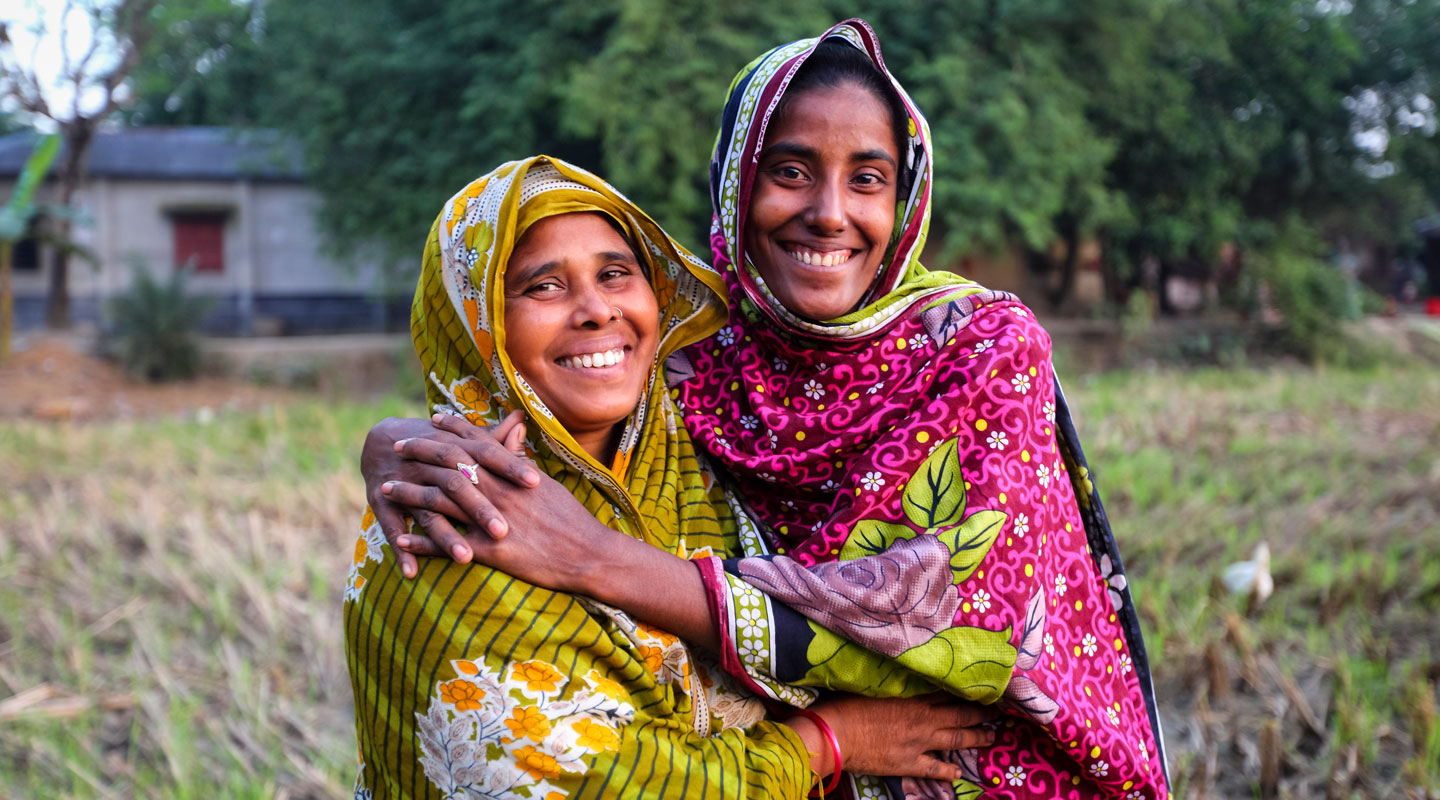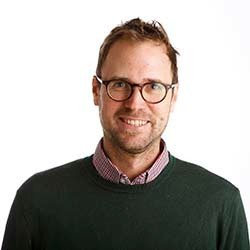Disability rights matter for the world’s rural-dwellers
IFAD Asset Request Portlet
Asset Publisher
Disability rights matter for the world’s rural-dwellers
Estimated reading time: 3 minutes
Every year on 3 December, we at IFAD join the world’s nations to celebrate the International Day of Persons with Disabilities. On this day, we honour, celebrate and promote the rights and well-being of persons with disabilities in all areas of society, and raise awareness of the situations they face in political, social, economic and cultural life.
Disability rights may seem to fall outside IFAD’s mandate. Our agenda is to transform agriculture, rural economies, and food systems for an inclusive, sustainable, green, and resilient future. But this transformation will only be inclusive if we can end the neglect and marginalization that persons with disabilities have historically faced, and acknowledge their indispensable contributions to our societies.
The World Health Organization estimates that about 1 billion people today are living with disabilities. Of these, 80 per cent are in developing countries, where barriers to education, health, employment and information often curtail their active participation in society and the economy. Unsurprisingly, persons with disabilities are disproportionately over-represented among the poor. As we focus our efforts on the rural poor in developing countries, we therefore must ensure that persons with disabilities are not left behind.
That’s why IFAD is committed to finding ways for persons with disabilities to participate fully in rural societies and to realize their potential as contributors to vibrant rural economies.
Partners, not beneficiaries
For many persons with disabilities, social exclusion can be more of an immediate concern than the disability itself. Persons with disabilities often find that the barriers they face – in terms of physical access, prejudice, ineffective communication, and exclusion from their society’s various systems and institutions – come to dominate their lived experiences.
Dismantling such barriers is key to ensuring the rights and well-being of persons with disabilities. This can be achieved through improvements in accessibility and accommodation and, most importantly, through tailored and targeted disability-inclusive approaches that are driven by persons with disabilities themselves.
For equitable rural economies to flourish, we must eliminate discrimination based on disability and bring down barriers to employment, including the denial of reasonable accommodation. Persons with disabilities are innovators and hold critical knowledge that can benefit their societies. In fact, simply getting by in the societies that limit them requires persons with disabilities to think creatively. Yet structural barriers often exclude them from the contributions they can make to household incomes. Opening up employment opportunities along the agricultural and pastoral value chains for persons with disabilities taps into a vast and under-utilized pool of talent and innovation. That’s why investments in the agricultural sector must go along with job creation for persons with disabilities – especially youth with disabilities.
Moreover, we need to recognize that discrimination towards other marginalized groups – along the lines of gender, race, ethnicity, and other factors – can overlap with disability-related discrimination. That’s why we must adopt a gender-transformative and intersectional lens when considering disability inclusion.
When designing and implementing projects, it’s important to partner with organizations of persons with disabilities and specialist organizations at all stages, so they’re actively involved and can provide their knowledge and experience. It’s also time to move away from narratives of persons with disabilities as passive beneficiaries rather than equal partners in development. At IFAD, our partnerships with these organizations emerge from our commitment to the principle of “nothing about us, without us”, and to the creation of pathways for leadership in agriculture and rural development.
We also recognize that, if persons with disabilities aren’t represented in the data we collect, they effectively become invisible, and their needs won’t be reflected in our programming. That’s why an increasing number of IFAD-supported projects are introducing disability markers, so that the data we collect and report are disaggregated by disability status. By gathering robust information on the people we work with, we can draw lessons from their experiences, enhance their visibility, and ultimately strengthen our ability to empower persons with disabilities to participate fully and equally in IFAD programmes.
Adapting to a changing world
At COP26, IFAD, along with other organizations and activists, sounded the alarm that the world’s rural-dwellers and small-scale producers are in urgent need of support to adapt to the effects of climate change. Rural-dwellers are all too often absent from global conversations around climate change – and rural-dwellers with disabilities, who are even more vulnerable, are almost never heard from. With climate-related natural disasters increasing in frequency and intensity, building the resilience of rural-dwellers with disabilities, and including them in decision-making processes, is increasingly urgent.
The true burden of global inequalities had already been laid bare with the COVID-19 pandemic. Over the last two years, we’ve seen how persons with disabilities have been disproportionately affected, and how societal barriers they already faced (such as equitable access to food and nutrition) were exacerbated. We need to act now to make COVID-19 recovery measures disability-inclusive and build resilience so that we can prevent climate change from having a similarly disproportionate effect on the most vulnerable.
Publication date: 03 December 2021